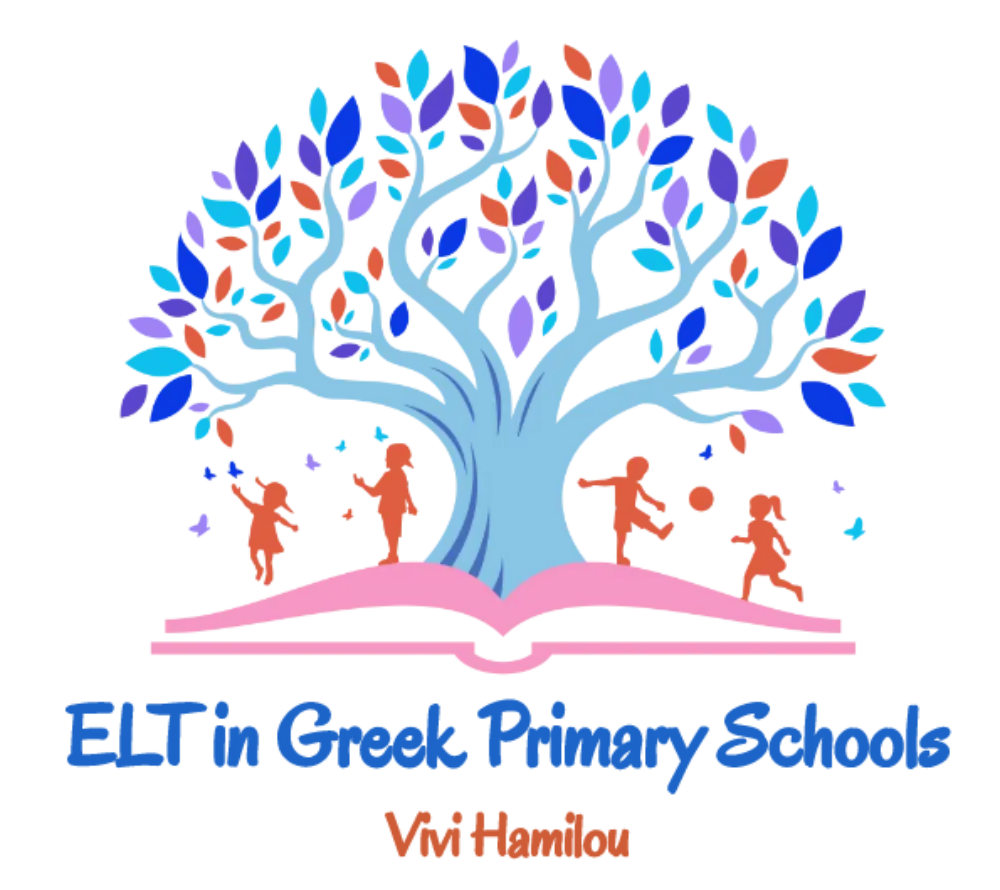
Can we really expose Greek EFL learners in public primary schools to experiential EFL learning (learning by doing and making meaning from having a direct, personal experience)? I couldn’t really answer that by saying just a ‘yes’, or ‘no’. We work in public schools with outdated and or inadequate facilities, we only have 3 45-minute sessions with our learners per week at best, transporting learners to the appropriate place for experiential learning to take place costs a lot … I could go on forever, but would I only be making excuses?
Last night, while I was ‘visiting’ various ELT blogs, I came across ( at Task-Based Language Teaching blog) a very inspiring, influential presentation by Diane Laufenberg (TEDxMidAtlantic, November 2010 presentation, “How to Learn From Mistakes”). It presents what experiential learning is all about and it exonerates learners (and teachers!) by saying that it’s through mistakes that we all learn. Here is the presentation (take some time to view it, it’s REALLY worth it)!
When I finished watching this video, I found myself standing in front of the computer screen for some minutes, brainstorming, self-evaluating, being carried away by the enthusiasm and excitement of this teacher, Ms Laufenberg, thinking about her learners’ idea of school compared to mine. And I still couldn’t answer the question: Can we really expose Greek EFL learners in public primary schools to experiential EFL learning?
To begin with, there are so many projects suggested by our materials that invite learners to discuss, make decisions, solve problems, take action, but do we really involve learners in an experiential nature of learning? Speaking experientially, there have been some projects we have worked on in my schools, like the one in the 5th grade, that encourages learners to think and decide how they can help poor children spend Christmas almost like they would (they organized a Christmas bazaar selling things they had made), or another one that invites them to work on an evironmental project (they created recycling bins with cardboard, we cleaned up the school yard and the surrounding pavements, they gave out leaflets written – unavoidably – in Greek), but, aside from making them better citizens, better people, there was not much actual experiential EFL learning (most of the decision-making – problem-solving part is performed in English, but there have been instances where they thought and decided something during the break and came to the teachers’ office in excitement to let me know).
This seems to be mainly owing to the fact that we are asked to link EFL learners with a community that speaks their native and not the target language. Creating a leaflet in English with information regarding recycling, or other environmental issues could be experiential in the sense that it is actually distributed to english-speaking people in the community, getting immediate feedback on their work from them. A school trip linked to a school project would more likely evolve with the learners employing their native language, rather than the english, in order to collect the information required for the project.
So? What is there an EFL teacher can do? Is experiential learning only a non-subject-specific teacher’s priviledge? Well, linking with colleagues from other countries is all I can come up with, not being though so certain that this is the actual answer to the question! At my school, we exchange english school papers with other European schools and this allows learners to write and read with a real-life purpose. But, how about speaking, or listening? Could we connect with other learners, work on joint projects, have our learners discuss, brainstorm, solve problems and take action along with learners coming from other countries? A positive response or perhaps a nodding of the head may come instictively, but there are always administrative, time management and facilities issues.
With regard to the first obstacle, well, I have been incredibly lucky to have cooperated with encouraging and supportive management so far, so, owing to lack of experience in the uncooperative/negative/leave-me-alone ‘field’, there is not much I could say to English teachers who are not even allowed to use the photocopier (a colleague shared this experience with me and I still can’t get over it!), or exploit the technology available! As for the last two, ‘evelikti zoni’ and cooperation with the Technology teacher sound and have proven to be valuable for EFL teachers working on projects. Or maybe I’m just romantic, I wouldn’t know! All I know is that I want my learners to feel like Ms Laufenberg’ learners!


